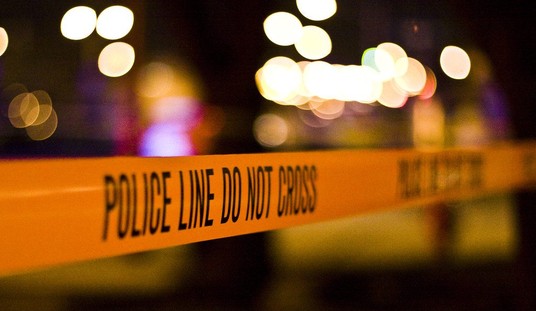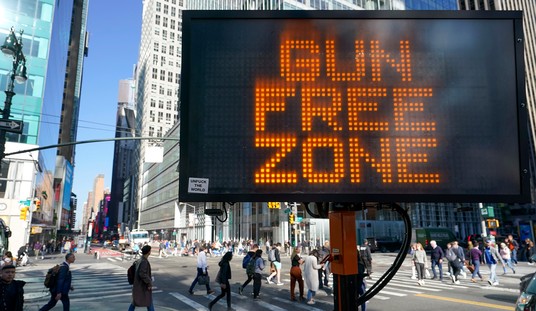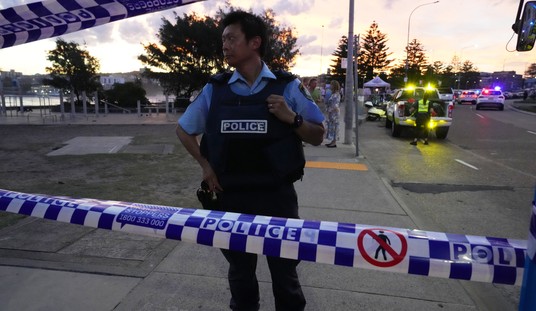
Thursday, April 19 marks the 237th anniversary of the “shot heard ‘round the world,” the battles of Lexington and Concord in Massachusetts, which plunged the British colonies in America into war with England.
The events surrounding the battles of Lexington and Concord have been popularized and mythologized by a number of famous 19th century writers and poets, but the real impact of events concretely and profoundly changed the course of world history.
This past year the battles of Lexington and Concord became a national story when former Alaska Gov. Sarah Palin was asked by a reporter about Paul Revere’s ride through Massachusetts.
“He who warned the British that they weren’t going to be taking away our arms by ringing those bells and making sure as he’s riding his horse through town to send those warning shots and bells that we were going to be secure and we were going to be free and we were going to be armed,” Palin said.
Unsurprisingly, Palin was mocked by the liberal media and was accused of being ignorant of history. She was attacked for trying to make the battles of Lexington and Concord an argument for the Second Amendment and gun rights.
But what was barely reported on was that Palin was entirely correct in her comments that the patriots who went through town warning the people of Massachusetts to prepare were also warning the British that the militia would resist them through force.
Chris Matthews took a shot at Palin on his program, saying that Palin’s answer disqualified her from office. He then went on to say that everyone knows that Revere actually warned the Americans by using the signals “One if by land and two if by sea.”
Matthews was actually quoting a poem by Henry Wadsworth Longfellow, that, while an important piece of literary work, is not historically accurate.
The truth about the battle was that it was in fact a great demonstration of an armed and civically active citizenry making their country free from tyranny.
Americans should remember Lexington and Concord today for both its larger political context, as well as for the individual bravery of the citizens and militiamen who worked to defeat British plans to subjugate the citizens of Massachusetts. Those who opposed the British would cease to be merely British colonists and would soon become Americans.
It must be noted that another famous event preceded the battles of Lexington and Concord, one that was set in motion at midnight April 15, 1775.
That night, American spies discovered that British soldiers in Boston under Gen. Thomas Gage, who had served with George Washington in the French and Indian War, were beginning to break camp. This information was acted upon by several colonial leaders in Boston, including Paul Revere, Dr. Joseph Warren and William Dawes.
Gen. Gage told the commanding officer for the campaign, Lt. Col. F. Smith, “You will march with the Corps of Grenadiers and Light Infantry, put under your command, with the utmost expedition and secrecy to Concord, where you will seize and destroy all artillery, ammunition, provision, tents, small arms, and all military stores whatever.”
The British intended to confiscate the arms and munitions of the American colonists, the safeguards of liberty for citizens living in a free society, and they wished to capture American revolutionary leaders John Hancock and Samuel Adams in Lexington during the process.
Unlike the popular story mentioned in Henry Wadsworth Longfellow’s poem, “Paul Revere’s Ride,” which depicts a solitary patriot warning American colonists and militia that “the British are coming,” the operation to warn Americans of the imminent attack on their gun stores was a team effort. It was also a message to the British that Americans would resist the British government by force, if necessary.
Their actions set the stage for April 19, when the British tried to make good on their intentions to seize weapons and stores. About 70 American militiamen under Capt. John Parker met the British army in Lexington, and a brief skirmish ensued. Accounts of the conflict don’t tell us exactly who fired first, but the confrontation would be termed by poet Ralph Waldo Emerson as the “shot heard ’round the world.”
The Minutemen, armed mostly with Brown Bess rifles, held their ground at Lexington and repulsed the British regulars at Concord long enough for revolutionary leaders to escape and supplies to be saved.
Those two engagements would set off a chain of events that would lead to the permanent separation of the British from their American colonies, which would be the first time in history that a European colony would break off and form its own nation.
Let’s remember today the lesson from the battles of Lexington and Concord: The greatest bulwark against tyranny is an active and informed citizenry whose members are free to speak, protest and, ultimately, to defend themselves when their natural rights have been compromised or deprived.
America became free and strong because of the actions and sacrifices of patriots living in sparsely populated colonies on the edge of Western civilization. Americans were given the chance to, in the words of American revolutionary pamphleteer Thomas Paine, “begin the world anew.” The American experiment had become the cause of all mankind.








Join the conversation as a VIP Member